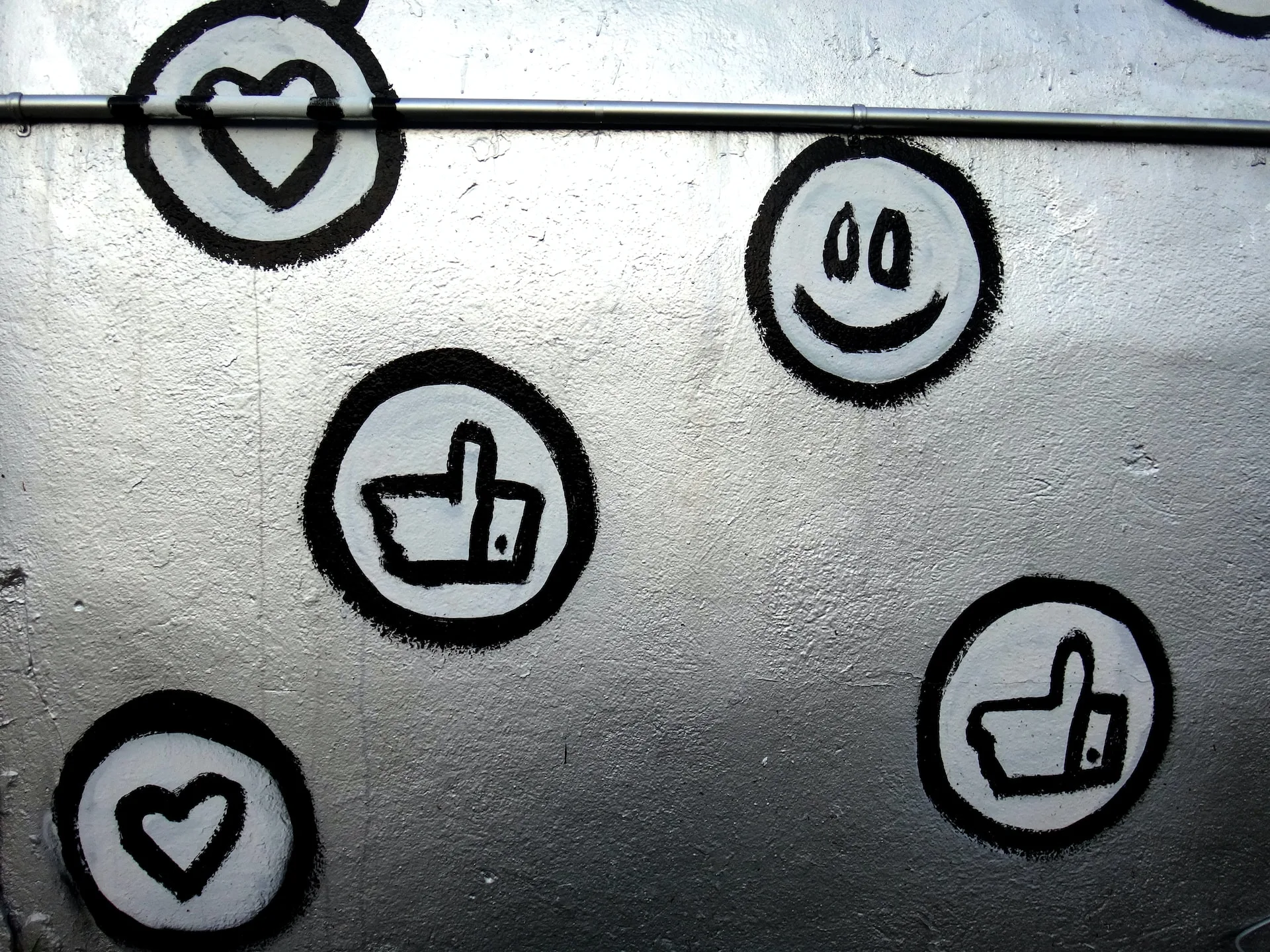Private businesses are now encouraging good human behaviour (or discouraging bad human behaviour) through reverse reviews.
Reviews BY customers on establishments and companies have long been around and made hugely popular by ecomms giant, Amazon. Effective too, with one-third of all people asked saying reviews play an important part in their purchasing decisions*. Review sites like Trust Pilot, play a role for services alongside category specifics like Trip Adviser, Google My Business, Glassdoor and Foursquare. Nowadays, there is no business that you cannot find or write a review on as a consumer.
The tables turned on customer reviews, pardon the pun, when controversially Open Table created a rating system in 2015 where the establishment could rate the customer. This started an adoption from other service giants such as Airbnb and Uber, reminding anyone of Black Mirror’s Nosedive episode? There were some teething problems at first when Open Table first allowed the employees to rate customer behaviours, and one even called a paying guest a “Super Bitch” for asking for a cable to charge her phone.
Subjectivity over rating individuals from 1-5 can be an issue. One employer’s rating may differ from another. So, would you get a 5 if you did not leave a big enough tip at every meal? Would this then lead to bribery for a good score? Or paranoid about how you clean an apartment at the end of your Air BnB stay for fear you will be rejected in the future by properties?
Less open about the monitoring of customers is Uber, where passengers are given score ratings by the drivers. The information is not publicly shared, but customers can find out their score if they go to their Privacy Centre. This caused quite a bit of anxiety with one woman who asked a driver to show her score. She was so alarmed to see that it was only a 4.8/5 that she became obsessed with how she appeared in taxis, her friendliness, and her tips at the end of the fare (ooh a scene of black mirrors Nosedive springs to mind again.)




